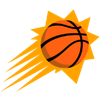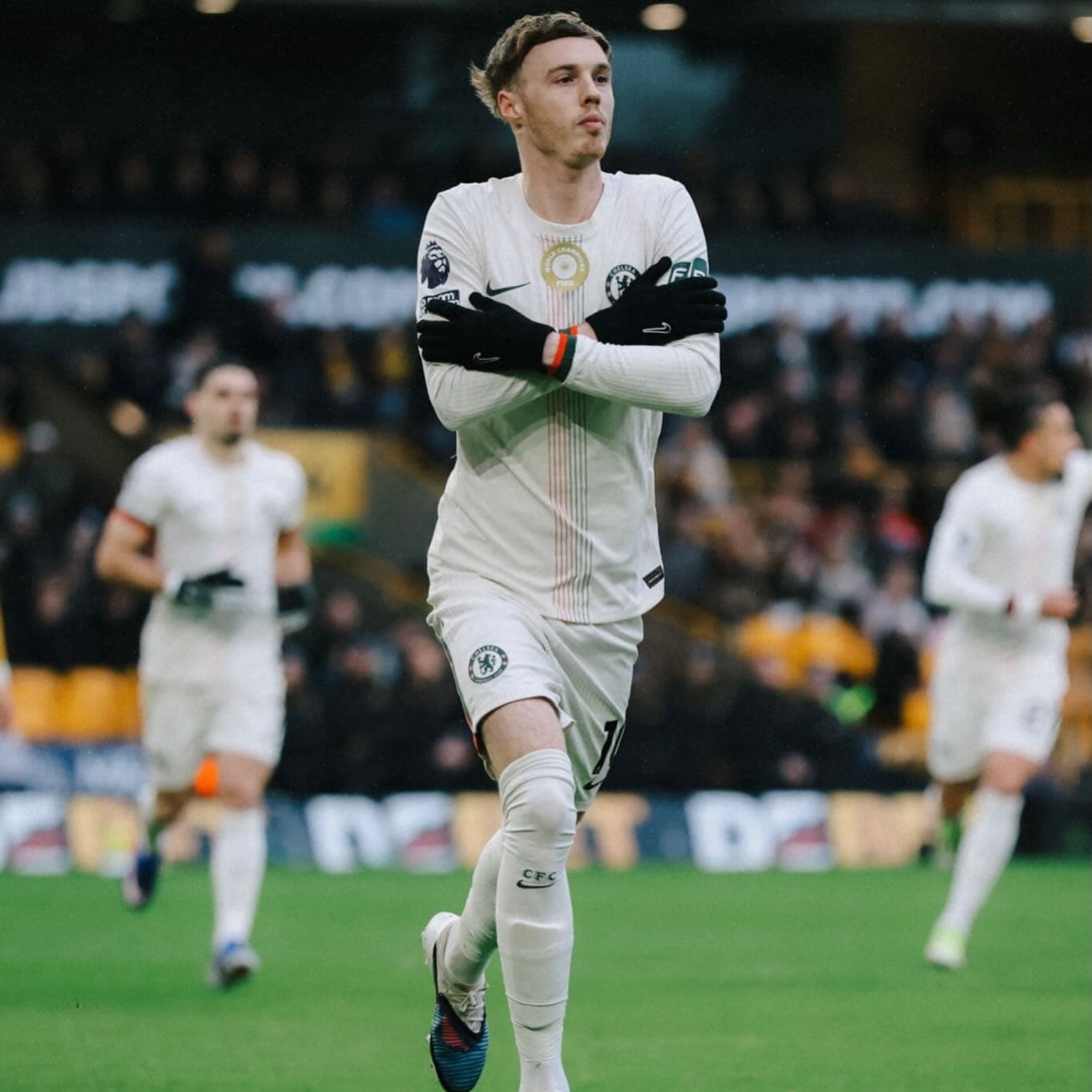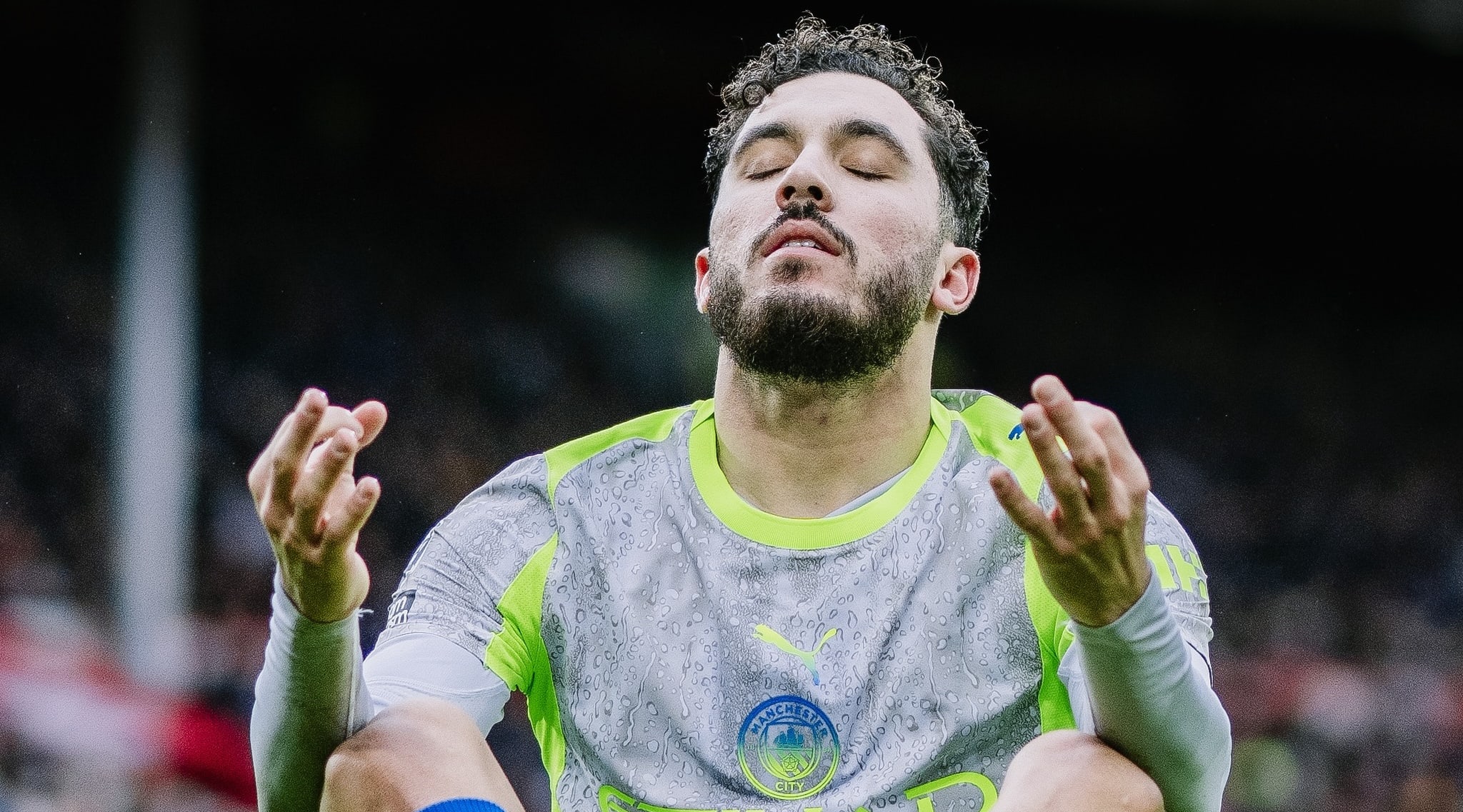Six million, three hundred and twenty four thousand, two hundred and thirty seven; that's how many teams competed in the official Fantasy Premier League (FPL) game last season. That's a huge number and probably surprising to Americans who play MLS Fantasy or any other sport. Similar to other games, FPL is an infuriating contest that brings you exciting highs and unfortunate lows. For example, I added and dropped Pierre-Emerick Aubameyang two separate times last season and neither time was a good chance. I dropped him early in the season before he scored back-to-back braces off the bench, and I added him a month later thinking he could replicate those numbers… and he didn't. I dropped him again because Arsenal hit a mid-campaign lull, but then Aubameyang closed with five goals in his final five appearances. Wait, this is fun? Yeah… six million people can't be wrong.
How does it work?
The first thing to do is select 15 players within a £100 budget; however, you cannot have more than three players from a single club. That means you can't compose a roster completely of Manchester City and Liverpool players. The team requirements include two goalkeepers, five defenders, five midfielders and three forwards, and you are required to put together a starting XI of one goalkeeper and at least three defenders, three midfielders and one forward, giving you the option to use different formations like 4-4-2 (four defenders, four midfielders and two forwards), 4-3-3, 5-4-1, etc. When you get that settled, you have to pick a captain, whose fantasy points will be doubled for that gameweek.
Once the season is underway, you are allowed one free transfer per week, though if you don't use it in a certain gameweek, it rolls over to the next. However, they cannot be accumulated over time, so you will never have more than two free transfers. The lack of free transfers won't stop you from making additional changes to your team, but any subsequent transfer after the free ones are used will deduct four fantasy points from your overall score.
That being said, the game also offers two wildcards that can be used throughout the season which allows you to make unlimited transfers in a given week without incurring a penalty. The only caveat is that you can only use one in the first-half of the season and one in the second.
How do I score?
Scoring is fairly simple compared to most daily fantasy soccer sites (if that's up your alley), and it may actually be closer to fantasy NFL, which is as basic as it gets with yards, touchdowns, etc. Every player receives one point for playing up to 60 minutes and two points for playing more than 60. Goalkeepers receive points for saves and clean sheets, and have points taken away for every two goals allowed. The only difference for defenders is that they can't get points for making saves. Midfielders receive fewer points for clean sheets and goals, and forwards receive the fewest number of points for goals, as well as being the only position that doesn't get rewarded for clean sheets. Points are also tallied for penalty saves and misses, as well as red and yellow cards and own goals. The Bonus Points System (BPS) was added a few years ago and doles out six extra fantasy points per match (to three players) unless there is a tie. Bonus points are calculated by giving specific point values for more peripheral stat categories like successful tackles, match-winning goals, accurate open play crosses, high pass completion percentages, clearances, blocks and interceptions, etc. The three players who have the highest BPS calculation at the end of each match will be awarded the bonus points, with the player finishing with the most earning three extra fantasy points, the second-highest getting two and the third-highest getting one.
In the end, scoring tends to be fairly equal, with goalkeepers often less valuable because they generally don't score goals or assist them. Still, Liverpool and Chelsea defenders were some of the highest scoring players last season because of their clean sheets, including Andrew Robertson and Virgil van Dijk, who each scored more points than any forward in the game. Maybe more surprising to me was that the forward I dropped multiple times (Aubameyang) was the best one in the game. Midfielder stood out because that was the position with the best players in the league, from Mohamed Salah to Sadio Mane to Raheem Sterling. Midfielders also tend to rack up assists in addition to goals, while forwards are mainly goal scorers.
Picking a captain
The most important aspect of FPL is probably picking the correct captain every week. I try and help with a weekly preview, but you'll soon realize picking the right guy every week is almost impossible. (If you didn't know, Harry Kane is known for flaming out whenever at home against a side battling relegation.)
Since you can't always get captain right, another key to success is selecting players who have the best returns early in the season, in turn boosting their price and your overall team value. That will make it easier to build your squad as the season moves along.
Making things more interesting, three different "Chips" were added to the game in the past few years:
- Bench Boost allows you to receive points from your entire bench for that gameweek
- Free Hit is similar to a Wildcard but your roster is only affected for that single gameweek; it will return to what you had previously after the gameweek is over.
- Triple Captain allows you to receive triple points for your captain instead of double.
It's fun, right?
The FPL season is exactly like the Premier League, a 38-gameweek grind (with double gameweeks sprinkled in when matches are rescheduled). Each real life gameweek is a fantasy gameweek and points are added up throughout the season. Everyone competes in the Overall league, but you can also play in as many mini-leagues as you want (RotoWire has one). You can even make your own league and invite your friends so you can trash talk via text. There's also the FPL Cup, which takes a top percentage of scorers by Gameweek 16 and throws them into a tournament. That's fun to play, but also extremely difficult to win. If you're really good, there are prizes for the top few overall teams, though you're competing against more than six million entries.
Similar to other fantasy sports, FPL is an enhancement to the game on the pitch; if your club isn't playing, you still have something to cheer for. Sure, you won't be cheering for Salah to score if you're an Everton supporter, but those are sacrifices you may have to make.








































